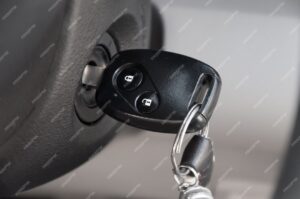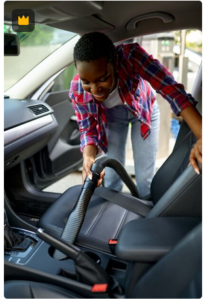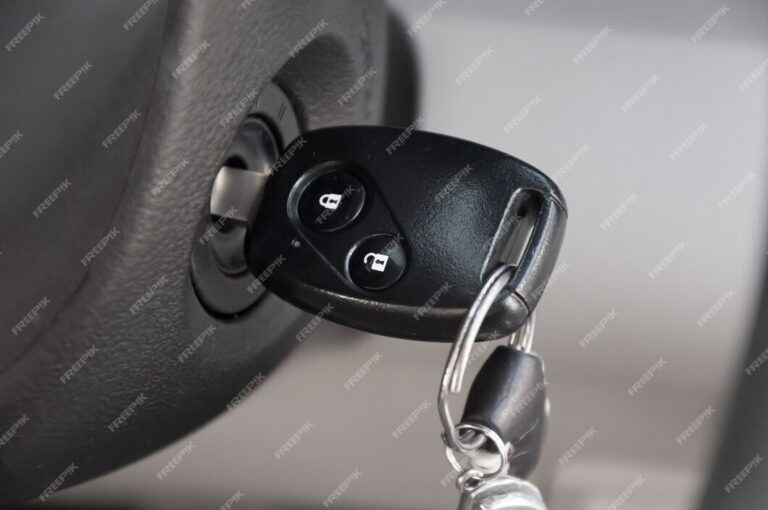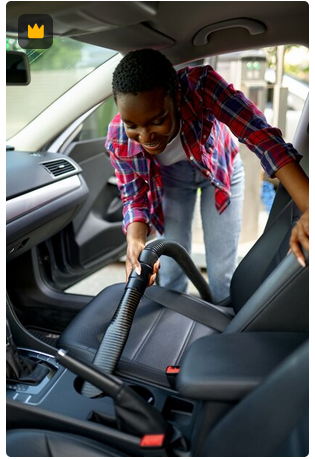There are numerous things that can set a car on fire. Therefore, if you take precautions like learning the potential reasons and how to avoid them, you won’t have to go through the agony of automobile fire incidents.
Overheated engine
Fan failure, radiator leakage, radiator malfunction, or water pump problems are the most common causes of engine overheating. A dangerous combination that can start a fire is engine overheating combined with flammable fluids that are found in the engine, such as coolant, black grease, gear box oil, hydraulic pressure fluid, and all of these. Call a qualified mechanic to repair your vehicle if you see any damage to any part of it.
Keeping flammable materials in the vehicle
Storing explosive material inside a car is one of the main causes of vehicle fires. It is always advised never to keep flammable items in your car. When parked in the sun, a high pressure can, such as a body spray bottle or a deodorizer can, may become extremely hot and burst into flames inside your car, causing an explosion into fire. Additionally, it’s advisable to avoid smoking or using the fire lighter just after using fluid deodorant inside the car.
Electrical Issues
Multiple of vehicle fire incidents were caused by electrical and mechanical issues. Included in this are issues with battery systems, mechanical systems, electronics, and even a stray, twisted wire, which might start a devastating fire. Take your car to a competent technician for a thorough inspection if you find that it is not operating as it should.
Fluid leakage
Under the bonnet of a modern car are various flammable liquids that can easily explode. But, a lot of car owners only worry about fuel leaks when there is an internal fluid leak. They presumably overlook the fact that there are many other fluids that, while less flammable than fuel, could nevertheless cause a fire. Brake fluid and coolant are well known for their capacity to start a fire when near an environment that can accommodate it. Don’t disregard any fluid leakage from your car just because you don’t think it’s fuel, though. Whatever the sort of fluid is, if you notice a leakage, just get it checked.
Reckless driving
There are a few ways that reckless driving can result in a car accident that can result in a fire. One possibility is that reckless driving can cause a car to skid, which can cause debris to fly into the air and land on the car’s fuel tank, resulting in a car fire. In addition, reckless driving can cause a car to crash into another car, which can cause the other car to burst into flames. Finally, reckless driving can cause a car to tip over, which can result in debris and fuel getting on the car’s engine, which can then ignite.
Low maintenance
Your car is often more prone to hazard overall and to flames in particular if you don’t keep up with inspection and maintenance. Your car is more likely to catch fire if you neglect to fix broken parts, leaking seals, and defective wiring. You may perform routine inspections to make sure your car is appears to be in good condition.
- Check your engine’s oil frequently.
- Weekly checks of tyre pressure and thread are recommended.
- Check the amount of coolant in your car. Your engine won’t heat up because of the coolant.
Overheating Catalytic Converter
A catalytic converter that is too hot, your car’s catalytic converters produce a lot of heat. If there is a problem with them or they are not maintained properly, they might catch fire and harm you and your car.
Carelessly storing flammable liquids in the trunk
Some people are always careless about storing a gallon of fuel in the trunk while the gallon cover is not sealed with a nylon. A violent gallop can occur when the gallon falls to a different position, this can potentially lead to fuel spillage, if unfortunately that fuel touches the hot exhaust pipe, potentially causing a car fire incident.
How quit fire quickly in car
Use Fire Extinguisher immediately: In the event of a car fire, quick action is required. If you can put out the fire quickly, the chances of occupant injuries and damage to the car will be reduced.
Fire extinguishers are available in most vehicles. If you can put out the fire quickly, use the fire extinguisher.
Call the fire service: If you cannot put out the fire yourself quickly, evacuate the vehicle and call the fire service.
When you are faced with a fire mostly in a car, the first thing you may want to do is evacuate the area. However, if you are unable to leave the area, you should call the fire service.
The fire service can help prevent the fire from spreading. The fire service can help you protect your car and property.
Conclusion
Take all necessary precautions to prevent vehicle fires now that you are aware of their causes. Additionally, take your car to a qualified mechanic for regular maintenance.












+ There are no comments
Add yours